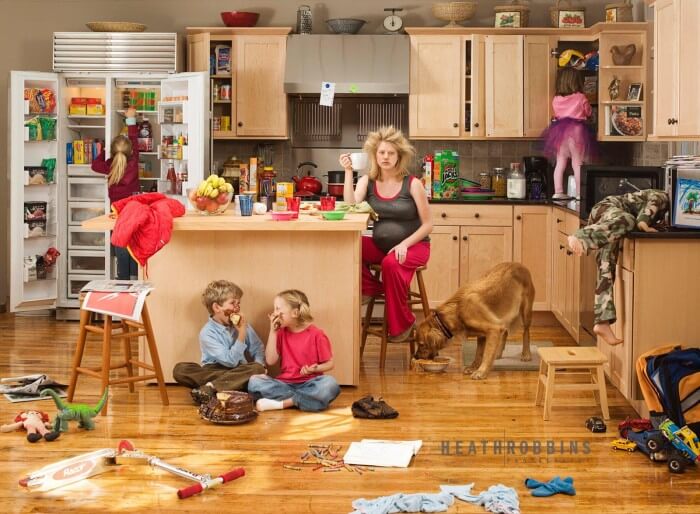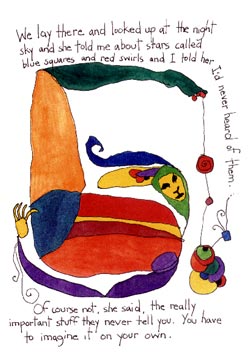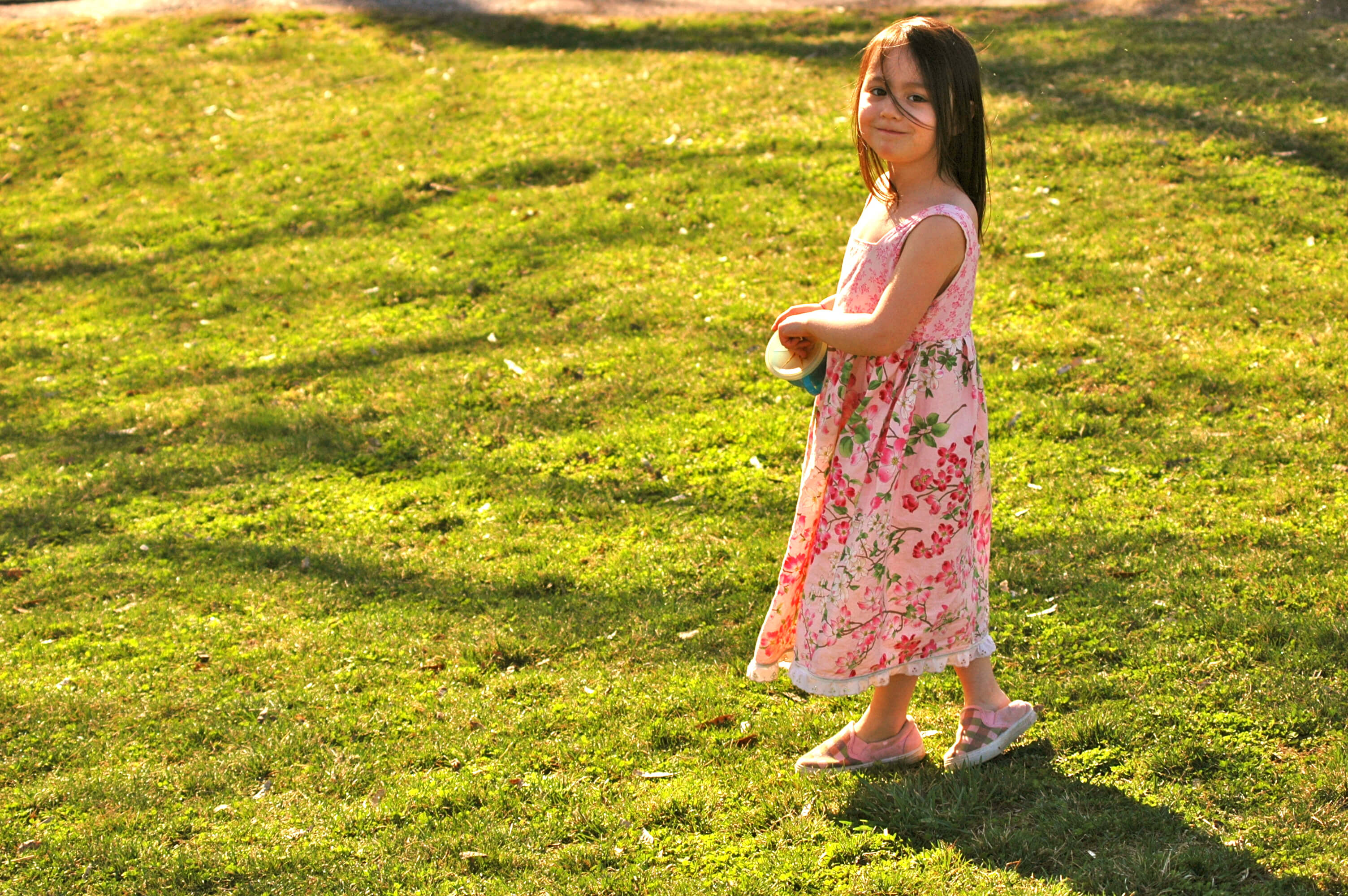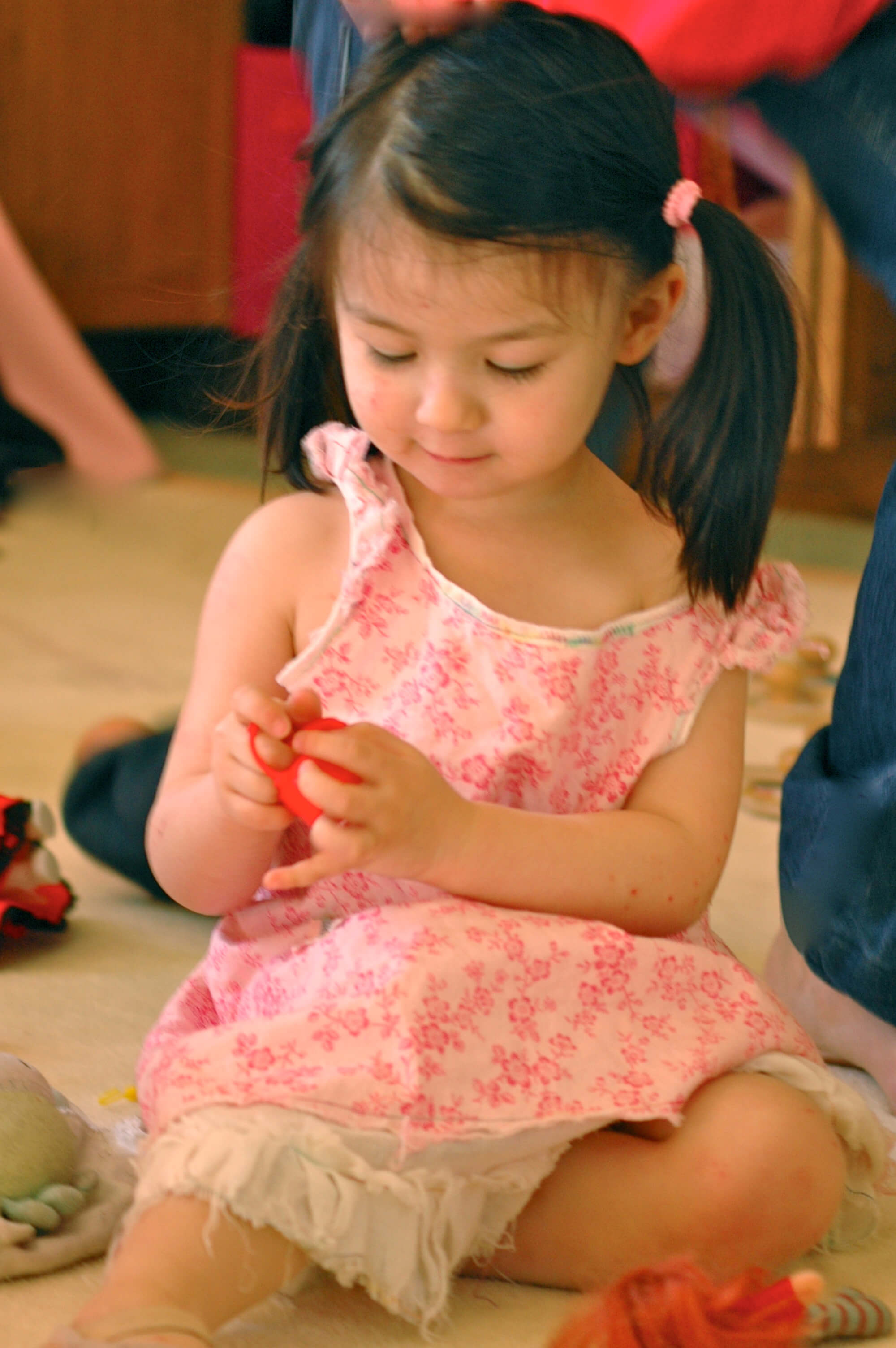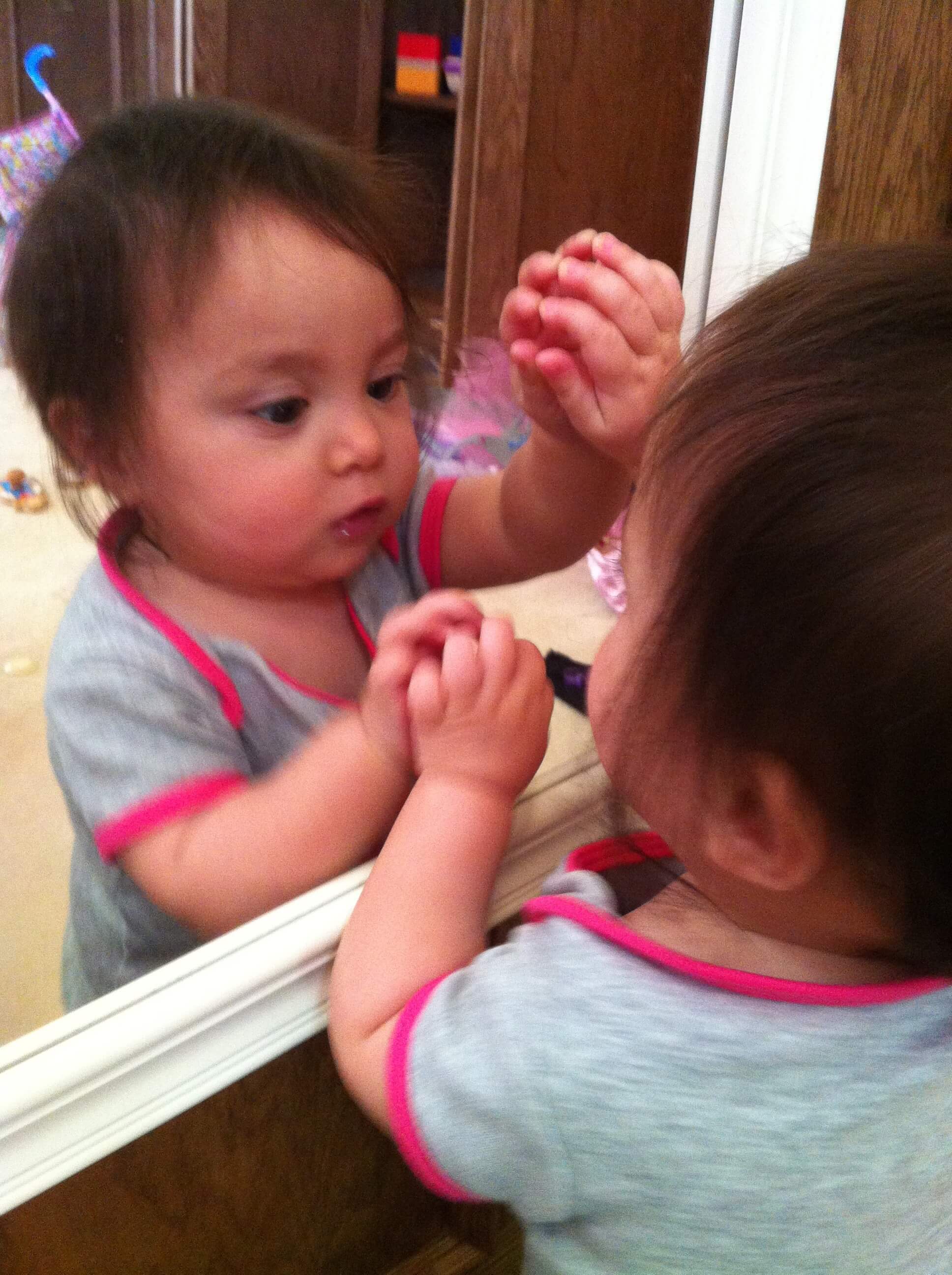One of the first things I learned as a child growing up in a Christian home is that Christians are supposed to be good. We’re supposed to do the right thing and understand the depravity of our sin, and we are supposed to strive to be like Jesus. And then a list of steps and strategies to avoid the pitfalls of sin would be presented and stored inside my young brain so that whenever I crossed the boundary into sin I would know to jump out as quickly as possible.
I always loved doing the right thing ever since I was a kid. Even now, sometimes I have trouble making a decision for fear of being “unfair” or compromising my integrity. But all those years beginning as a child I have been expecting to be the impossible, and his name is Jesus. And at some point I had made an unrealistic goal for myself: to be as perfect as possible because it really isn’t that hard (just look at the 10 steps outlined in the church bulletin), and I should be able to do it. It was never presented to me in those terms, but simple phrases put the pressure on me to earn a close connection with God, like: “Sin separates us from God. When you sin you create distance from God. You have a harder time hearing God’s voice when you sin, etc.” If this is true, then why did my holy efforts turn out so little profit? I was not experiencing God at a deeper level when I kept myself from “sinning.”
I should want to be like Jesus, but my desire was inverted. My desire to be perfect did not come from my result of being in love with God. Being good was my effort to place myself in the path where I could receive God’s love. This was a message that I had to disentangle from my mind before I really experienced what the disciple John was saying when he talked about God’s love. He called himself “the one whom Jesus loved” (John 13:23) not because he considered himself the only one Jesus loved, but because he really understood how important it was to let himself be loved by God.
Not until I was almost 24 did I really feel an undeniable sense of God’s love for me. And I was far from my definition of “good Christian standing” when this part of my life finally happened. I did set myself on a course to obtain this love through praying really hard for a summer. I received a couple special words from God, but nothing lasting or gut-wrenching. Special, but not incredible. It was just a preview to the truth waiting for me that I had always known but had never known, if you know what I mean.
At the start of my last semester of college, I finally believed what God was telling me. He told me I was the person I always have wanted to be, and I don’t mean because I was doing the right thing at the right time. He told me I was brave and creative. As I finally believed this, the impulse to scrape myself clean of all my sin and walk the upright life was now meaningless. I remember being in a bad mood right before receiving this message from God, and being in a bad mood shortly after (I was having a lot of problems with my school getting my graduation in order). Throughout my time of negative thoughts and frustration and lack of trust in God (in other words, during my time of “sin”), I would be surprised by a strong, deep stillness in the pit of my stomach. Undeniable butterflies reached the center of me, bypassing the emotions of the heart that now seem so fleeting and temporary. Saying the words joy, peace, happiness, contentment, or deep sense of love are all short of the truth. I am the one whom he loves.
So when I think of those words, “sin separates us from God,” I remember I have been saved and that Paul says we are no longer slaves to sin (Galatians 4:7) and no longer under the curse of the law, but freed by the gift of grace (Romans 6:14), thanks to Jesus Christ.
When I think of the adage, “sin makes it harder to hear God,” I think of how pride is really the only sin that makes it hard to hear from God, and not because we don’t hear him, but because we don’t listen, if you know what I mean. So now I am learning to let go of the idea that when I sin (a.k.a. act human), I lose God’s favor. There is no mistake. God is slow to anger and quick to forgive (Numbers 14:18). Shall we keep forgetting the forgiveness? Shall we keep forgetting the slow to anger?
He understands us even as we sin. When Christ came as a man, he really saw us as the imperfect people that we are, and he understood (not to be confused with pitied). He didn’t sit up on the cross thinking to himself, “these people really don’t deserve this, but I’m going to die for them because God loves them, so . . .” He said, “forgive them, for they do not know what they are doing” (Luke 23:34). He even understood the men putting him to death. God is not allergic to us after all! He has just created a way to be near us.
It is like that quote from Ever After where Drew Barrymore says she cannot be with the prince because she is a fish who is in love with a bird. Leonardo Da Vinci so kindly replies, “Then we shall have to make you wings.” Thank you Jesus for making us wings! Now that the weight of perfection is slowly being shrugged off my shoulders, I may be able to fly.

